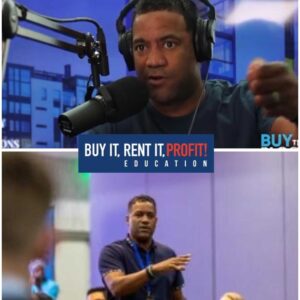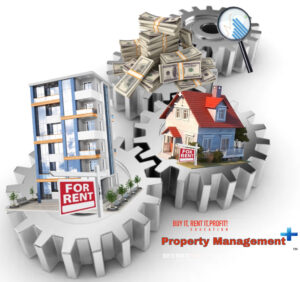Being a landlord is an important job. You’re helping someone else have a home, and that’s a big deal. Being responsible for someone else’s residence can be a tough job as well. To help you avoid some of the more common pitfalls a landlord can stumble in to, here is a list of the top five landlord mistakes that you will want to avoid making:
- Treating your business like a hobby – A big mistake some landlords make is not having separate bank accounts for their business and their personal monies. Open an account for your security deposits and rental properties that is completely separated from your personal accounts. You will also need to make sure you have all of the proper tax forms filed, and that your bookkeeping is all up to date and current. To be in the business of rental properties, you have to treat it as such and give it the same time and attention that you would a job that you punch the clock for.
- Mishandling of the security deposit – When a tenant moves out, the issue of their security deposit will inevitably arise. If you have to spend some, or all, of that money on repairing the property, you are required by law to give the tenant an itemized deduction of all of those repairs. You are required by law to turn any remaining balance over to the tenant. Failure to supply this itemization can result in a lawsuit and possible monetary damages that would be paid by you. If the tenant moves out, and you are keeping the deposit to make up for lost rent, you have to be careful. Keeping a deposit that is two months’ worth of rent, but only having an empty property for one month, is not legal and you have to return the additional deposit to the tenant.
- Not planning appropriately for costs – Not only do you need to anticipate repairs and replacements for your rental properties, you also need to keep in mind payments such as insurance and taxes. Look into the average cost for various repairs in your area. Speak to repairmen and get an idea about the payment amount you could be looking at if you should need things like new wiring, a new water heater, or a busted pipe and new carpet. Keep roofing costs in mind, also, and how much pest control would be. Plan for the unexpected.
- Not properly vetting potential renters – Having a property setting empty can be a source of anxiety, but don’t get in so much of a hurry that you end up costing yourself more in the end. Carefully review a potential client’s application, and pay the money to obtain a background and credit check. Getting an income coming in is definitely important, but it can cost you more in the long run if you don’t properly vet potential clients.
- Not hiring a lawyer – Your lease and all your rental agreements need to be accurate and legal. Having a lawyer go over, or draw up, your paperwork is a smart move to make. You want all of your t’s to be crossed and i’s to be dotted. A lawyer can tell you if any of your application questions are illegal to ask, or if your full disclosure form is lacking.
Overall, owning rental property can be a very rewarding career. You can be your own boss and enjoy all of the freedoms that offers. In being your own boss, you also have to realize that there is a great amount of responsibility and discipline required to be successful at it.
If you have questions about becoming a landlord, please feel free to contact us. We are here to answer your questions and concerns, and we are happy to talk with you about the details involved in owning rental property.

 Live Training and Podcast Bundle
Live Training and Podcast Bundle 

